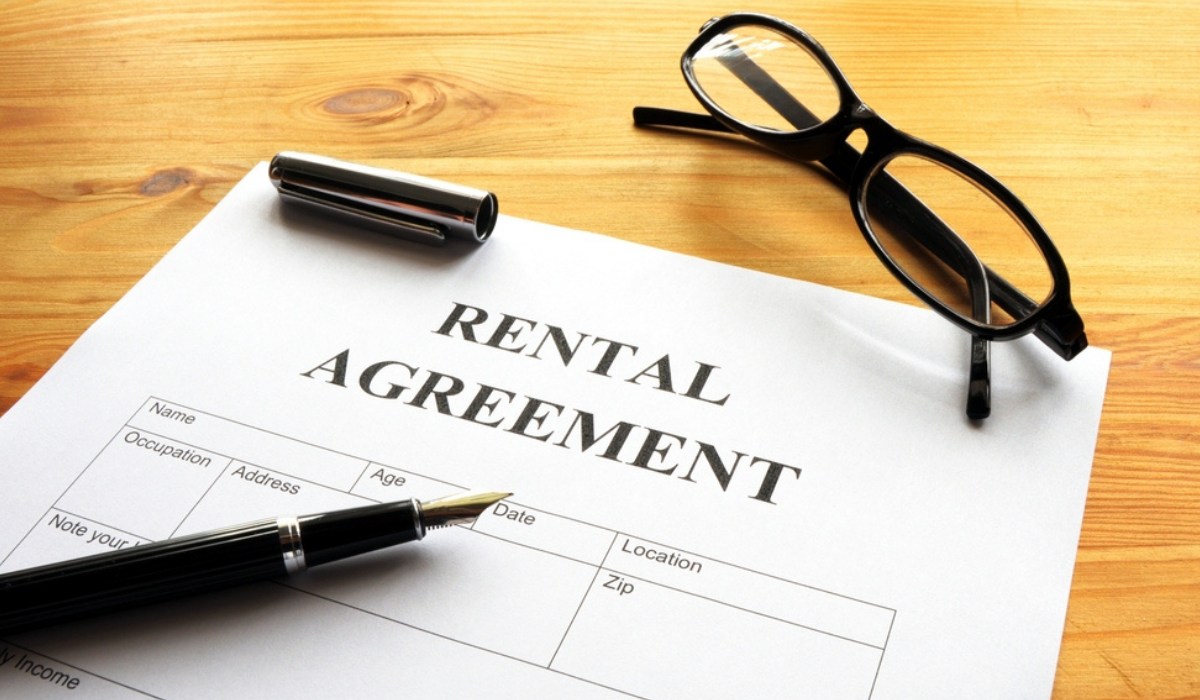
Why Rent Agreements Are Typically Only Made for 11 Months: An In-Depth Explanation
29-Jan-2023 | Article by Legal White Official
Introduction: Understanding the Common Practice of 11-Month Rent Agreements in India
Have you ever wondered why rent agreements in India are typically made for only 11 months? In this article, we'll explain the reasons behind this common practice.
Avoiding Additional Costs through Shorter Rent Agreements
One of the main reasons rent agreements are usually made for 11 months is to avoid the stamp duty and registration charges that are levied on agreements for a longer period. Rent agreements for a period exceeding 11 months are required to be registered and stamped, which incurs additional costs for both the landlord and tenant. By making a rent agreement for 11 months, these additional costs can be avoided.
Providing Flexibility for Both Parties
Another reason why rent agreements are typically made for 11 months is to provide flexibility in case either the landlord or tenant wants to make changes to the agreement. This could include adjusting the rent or vacating the premises, without having to wait for the full term of the agreement to expire. The shorter term allows for easier changes to be made as needed.
Annual Renewal Option for Maintaining the Tenancy Relationship
Even though rent agreements are typically only made for 11 months, they can be renewed annually. This means that the tenant and landlord can continue their tenancy relationship on the same terms and conditions as the original agreement. This allows for a stable and continuous tenancy relationship, despite the shorter term of the agreement.
Conclusion: Balancing Cost-Saving and Flexibility in Rent Agreements
In conclusion, the reason why rent agreements in India are typically only made for 11 months is to avoid the additional costs of stamp duty and registration, and to provide flexibility for both parties. Despite the shorter term, these agreements can be renewed annually to maintain the tenancy relationship. This common practice balances the need for cost-saving with the importance of flexibility for both the landlord and tenant.
